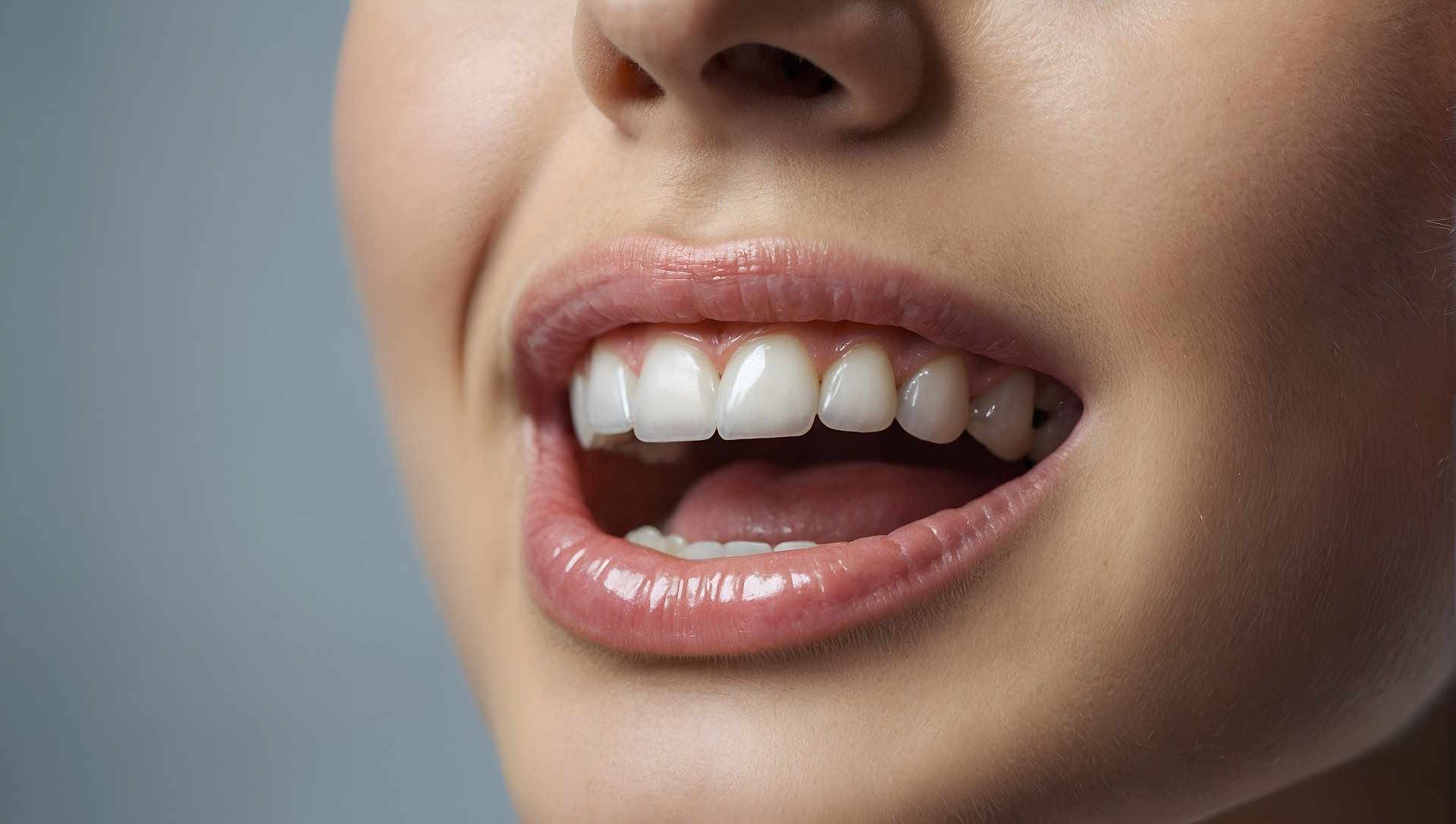Dental Implants UK 2025: Modern Treatment Options
New dental implant solutions are being developed to provide patients with more comfortable and reliable treatment options. In the UK, clinics now offer advanced implant techniques that may reduce the need for traditional procedures. These innovations aim to improve oral health, restore functionality, and support natural appearance without unnecessary complexity.

What are dental implants and how do they work?
Dental implants are artificial tooth roots that are surgically placed into the jawbone to support replacement teeth. Made from biocompatible materials, typically titanium, these implants fuse with the bone over time in a process called osseointegration. This creates a sturdy foundation for crowns, bridges, or dentures, mimicking the function and appearance of natural teeth. The implant process usually involves several stages, including initial consultation, implant placement, healing period, and final restoration attachment.
What modern implant solutions are available in the UK?
The field of implant dentistry has seen significant advancements in recent years, with several modern solutions now available to UK patients:
-
All-on-4 implants: This technique uses just four implants to support a full arch of teeth, reducing treatment time and cost.
-
Zygomatic implants: For patients with severe bone loss in the upper jaw, these longer implants anchor in the cheekbone.
-
Mini implants: Smaller in diameter, these are less invasive and can be suitable for patients with limited bone volume.
-
Same-day implants: Also known as immediate load implants, these allow for the placement of a temporary crown on the same day as implant surgery.
-
Computer-guided implant placement: Using 3D imaging and planning software, this technique enhances precision and can lead to faster healing times.
How do dental implants compare to other tooth replacement options?
When considering tooth replacement options in the UK, it’s important to compare dental implants with alternatives:
-
Dental implants vs. bridges: While bridges can be a quicker solution, implants offer better long-term stability and don’t require alteration of adjacent teeth.
-
Implants vs. dentures: Implants provide a fixed solution that feels more natural and doesn’t slip, unlike traditional dentures. They also help preserve jawbone integrity.
-
Implants vs. partial dentures: Implants eliminate the need for removable appliances and offer improved comfort and functionality.
-
Single tooth implants vs. resin-bonded bridges: For single tooth replacement, implants provide a more durable and aesthetically pleasing result compared to resin-bonded bridges.
What advancements in dental implant technology can we expect by 2025?
As we look towards 2025, several exciting developments in dental implant technology are on the horizon:
-
Improved biomaterials: Research into new materials that enhance osseointegration and reduce healing time is ongoing.
-
3D-printed implants: Custom-designed implants produced through 3D printing may become more widely available, offering better fit and functionality.
-
Nanotechnology: The application of nanotechnology could lead to implant surfaces that promote faster healing and reduce the risk of infection.
-
Stem cell therapies: The use of stem cells to regenerate bone and gum tissue may enhance implant success rates and expand treatment options for patients with insufficient bone density.
-
AI-assisted treatment planning: Artificial intelligence could play a larger role in implant placement planning, potentially improving outcomes and reducing complications.
What factors influence the success of dental implants?
The success of dental implants depends on various factors:
-
Patient health: Overall health, including conditions like diabetes and smoking habits, can affect implant success rates.
-
Bone quality and quantity: Sufficient healthy bone is crucial for implant stability.
-
Surgical technique: The skill and experience of the implant surgeon play a significant role.
-
Maintenance: Proper oral hygiene and regular dental check-ups are essential for long-term implant success.
-
Materials used: The quality of implant components and prosthetic materials can impact durability and aesthetics.
What are the typical costs of dental implants in the UK?
The cost of dental implants in the UK can vary significantly based on several factors, including the number of implants needed, the complexity of the case, and the location of the dental practice. Here’s a general overview of dental implant costs in the UK:
| Treatment | Estimated Cost Range |
|---|---|
| Single tooth implant | £2,000 - £3,000 |
| Multiple tooth implants | £5,000 - £15,000 |
| Full arch implants (e.g., All-on-4) | £10,000 - £25,000 per arch |
| Bone grafting (if required) | £500 - £3,000 |
| CT scan for implant planning | £100 - £300 |
Prices, rates, or cost estimates mentioned in this article are based on the latest available information but may change over time. Independent research is advised before making financial decisions.
It’s important to note that while dental implants may seem costly initially, they often prove to be a cost-effective solution in the long term due to their durability and low maintenance requirements. Many dental practices in the UK offer payment plans to help make implant treatment more accessible.
As dental implant technology continues to advance, UK patients can look forward to even more innovative and effective treatment options. From improved materials to cutting-edge techniques, the future of dental implants promises enhanced outcomes, shorter treatment times, and potentially more affordable solutions. As always, consulting with a qualified implant dentist is essential to determine the best treatment approach for individual needs and circumstances.
This article is for informational purposes only and should not be considered medical advice. Please consult a qualified healthcare professional for personalized guidance and treatment.




